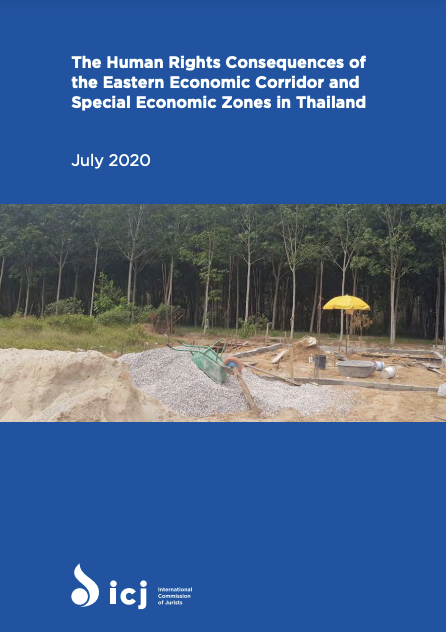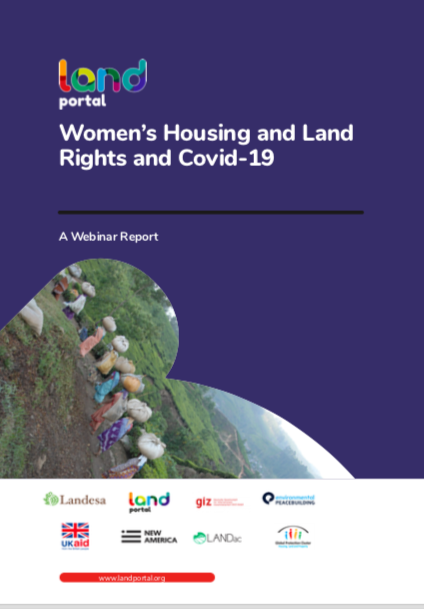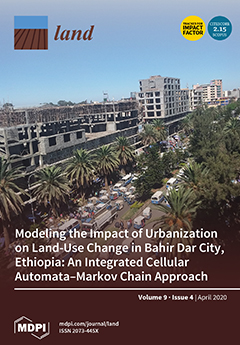The Human Rights Consequences of the Eastern Economic Corridor and Special Economic Zones in Thailand
The establishment and development of Special Economic Zones (SEZs) and the Eastern Economic Corridor (EEC) are a central part of the Thai government’s strategy to expand infrastructure and attract foreign investment. These areas have been designated for development pursuant to special legal and regulatory frameworks. SEZs can play a useful role in a country’s economic development strategy. However, in many instances, their establishment results in the dilution of legal protections for human rights and the environment.








